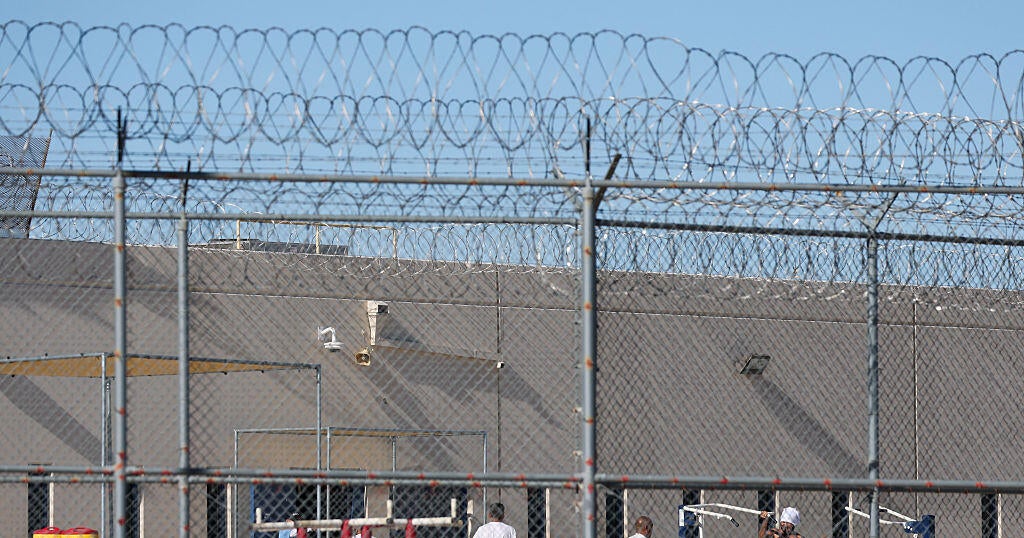The recent policy changes by the Trump administration have significantly restricted the release options for immigrants facing deportation. By revising interpretations of existing immigration laws, officials now stipulate that individuals who entered the United States unlawfully are ineligible for bond hearings. This development is viewed as part of a broader immigration crackdown that aligns with the administration’s enforcement objectives.
| Article Subheadings |
|---|
| 1) Overview of the Policy Change |
| 2) Implications for Immigrants |
| 3) Official Responses |
| 4) The Role of Legislative Changes |
| 5) Critics’ Perspectives |
Overview of the Policy Change
The Trump administration has enacted a transformative policy that greatly limits the ability of immigrants to gain release from detention while they contest their deportation. This shift arises from a reinterpretation of immigration laws established in the 1990s, shifting the focus to a blanket approach toward immigrants who entered the U.S. without permission. Under the new directive from Immigration and Customs Enforcement (ICE), detainees facing deportation will no longer have the opportunity to obtain bond hearings unless deemed eligible for ‘parole’ by ICE officials. This move signifies a departure from the previous framework, where immigrants who had lived unlawfully in the U.S. for several years were generally eligible to argue for their release.
Implications for Immigrants
The new policy effectively means that a broad category of noncitizens will now face mandatory detention, stripping them of their ability to argue for their release in a legal setting. Prior to this shift, individuals who had been in the U.S. unlawfully for substantial periods could request bond hearings to demonstrate that they were not flight risks. However, the policy now hinges on deportation, disregarding individual circumstances. Experts estimate that this change could impact hundreds of thousands of individuals, placing them at greater risk of prolonged detention without recourse to expedite legal procedures. The ruling raises concerns about the fairness and due process afforded to those caught in the immigration system.
Official Responses
Officials have made it clear that this policy is intended to fortify national security by ensuring that individuals entering the country unlawfully are held in custody. A spokesperson for ICE stated, “All aliens seeking to enter our country in an unlawful manner or for illicit purposes shall be treated equally under the law, while still receiving due process.” The Department of Homeland Security (DHS) has emphasized that the new guidance closes existing loopholes in immigration enforcement. It continues to assert that such measures are firmly within legal boundaries and are aimed at enhancing public safety.
The Role of Legislative Changes
This policy shift aligns with broader legislative changes aimed at immigration enforcement. The “One Big Beautiful Bill,” recently signed into law, allocates approximately $75 billion towards ICE operations and immigration enforcement initiatives. This budget allows for substantial increases in staffing and detention capacity, which many believe could exacerbate the impact of the new policy. As ICE prepares to bolster its operations with the hiring of thousands of deportation officers and increased holding capabilities, the ramifications of this enhanced funding could be felt across various sectors involved in immigration.
Critics’ Perspectives
Skeptics of the policy change have voiced significant concerns regarding its implications for civil liberties. Organizations such as the American Immigration Lawyers Association highlight that the rule could lead to an unjust influx of cases into detention facilities, where individuals may remain without adequate justification. Critics argue that this policy represents an aggressive escalation in the administration’s immigration enforcement tactics, reducing the prospects for fair legal proceedings and amplifying the burdens on an already strained immigration system. Many advocate for a more humane approach that respects the rights of individuals while pursuing legitimate national security objectives.
| No. | Key Points |
|---|---|
| 1 | The administration has restricted options for the release of immigrants facing deportation. |
| 2 | Those who entered the U.S. unlawfully can no longer request bond hearings. |
| 3 | ICE is expected to use increased funding to enhance detention capabilities. |
| 4 | The policy change underscores ongoing tensions around immigration enforcement practices. |
| 5 | Critics argue this policy erodes due process for vulnerable populations. |
Summary
The recent immigration policy changes initiated by the Trump administration represent a significant tightening of rules governing detention and release for individuals facing deportation. The shift not only enhances enforcement mechanisms but also raises important questions about the legal and ethical implications of such practices. As the administration moves forward, the broader consequences for thousands of individuals caught up in the immigration system remain a critical focal point for advocates and policymakers alike.
Frequently Asked Questions
Question: What does the new policy entail for detained immigrants?
The new policy prohibits detained immigrants who entered the U.S. unlawfully from requesting bond hearings, effectively mandating their detention until further legal proceedings.
Question: How many individuals could be affected by this policy change?
Experts project that the new rules could impact hundreds of thousands of individuals currently in the immigration system, increasing the number of people subjected to prolonged detention.
Question: What funding has been allocated to immigration enforcement?
The “One Big Beautiful Bill” has allocated approximately $75 billion to enhance immigration enforcement efforts, including hiring thousands of deportation officers and increasing detention capabilities.


